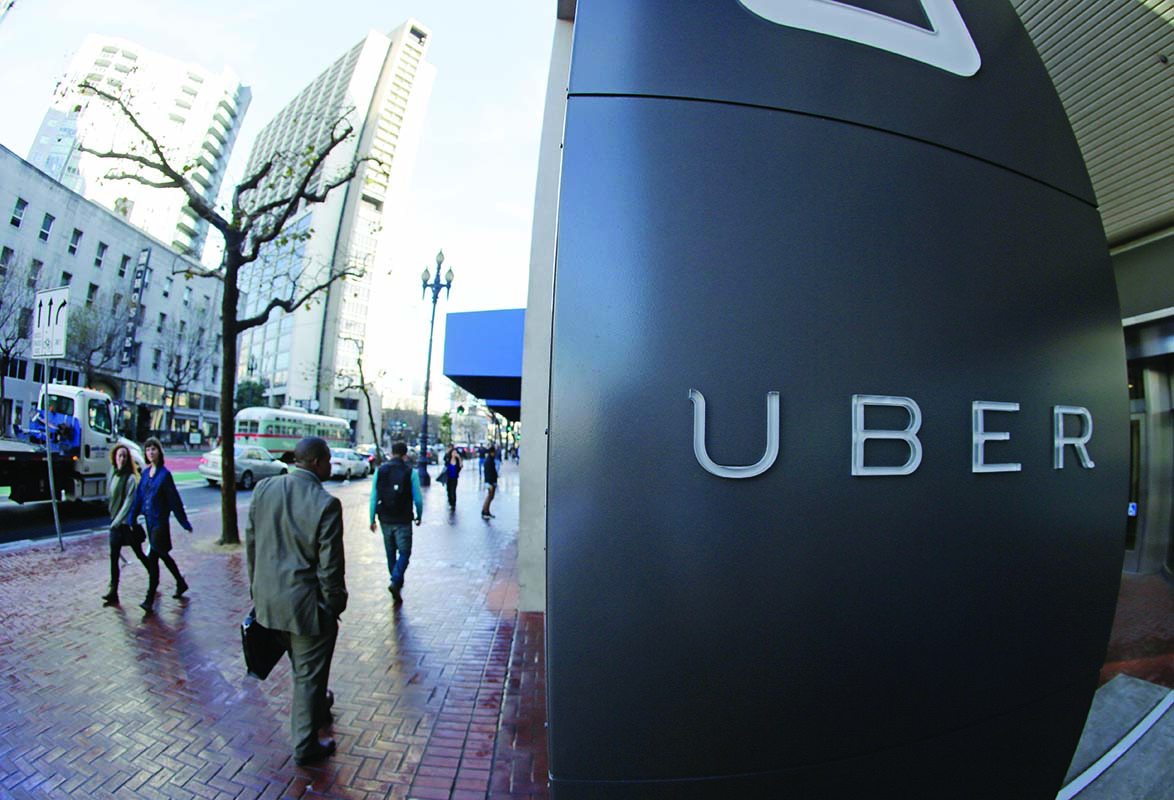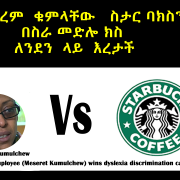Uber may pay $7.6 million fine to California, pending vote
 Uber may pay $7.6 million fine to California, pending vote
Uber may pay $7.6 million fine to California, pending vote
Tech transportation company Uber may be fined $7.6 million, a penalty now sought by a California administrative law judge.
The judge also decided Uber’s license to operate in California would be suspended 30 days after the decision, if fines are not paid.
Uber told the San Francisco Examiner it will pay the fine immediately, pending the vote.
The fine will be voted on Thursday at the California Public Utilities Commission, which regulates Uber, Lyft, and other so-called “ride-share” companies.
Uber was found “in contempt for failing to comply fully with reporting requirements,” CPUC Administrative Law Judge Robert Mason wrote in his decision.
That decision was made public Wednesday evening.
According to the judge, Uber failed to report vast amounts of data about specific riders’ trips to regulators, the CPUC law judge alleged. Rides accepted, rides denied, zip codes of rides, miles traveled and the amount paid were to be presented in a spreadsheet by Uber to regulators.
Uber eventually complied with some requirements, but not all.
CPUC requested the information to analyze whether Uber provided trips to underserved neighborhoods or discriminated in providing rides, CPUC staff said last year.
The CPUC also requested the number and percentage of customers who requested “accessible vehicles,” in attempt to assess if Uber provided rides to wheelchair users and others in the disability community — which many allege it has not.
In 2013 the CPUC created a new category of transportation providers in California called Transportation Network Companies, which encompass “ride-share” startups such as Uber and Lyft.
As part of those new regulations, companies were tasked with providing annual data to regulators. The fine reflects the CPUC judge’s allegation that Uber has failed to provide this data.
In arguing why it should not produce that data, Uber used overly broad arguments about what was or was not a “trade secret,” and inaccurately said asking for such data was unconstitutional, Mason wrote in his decision.
Mason wrote, “[Uber] seeks to protect both the algorithm it has developed to guide its drivers to particular locations … as well as the dates, times, and locations where ride matches are made.”
Both Uber and Lyft have voiced in legal filings that they oppose requirements to share some data about their business practices.
As the Examiner has reported, to report data, these companies navigate tricky legal ground — each worrying how much information to share with the government, without giving one another a competitive edge.
Uber may be valued by investors by as much as $60 billion, according to Bloomberg News.
Read more






